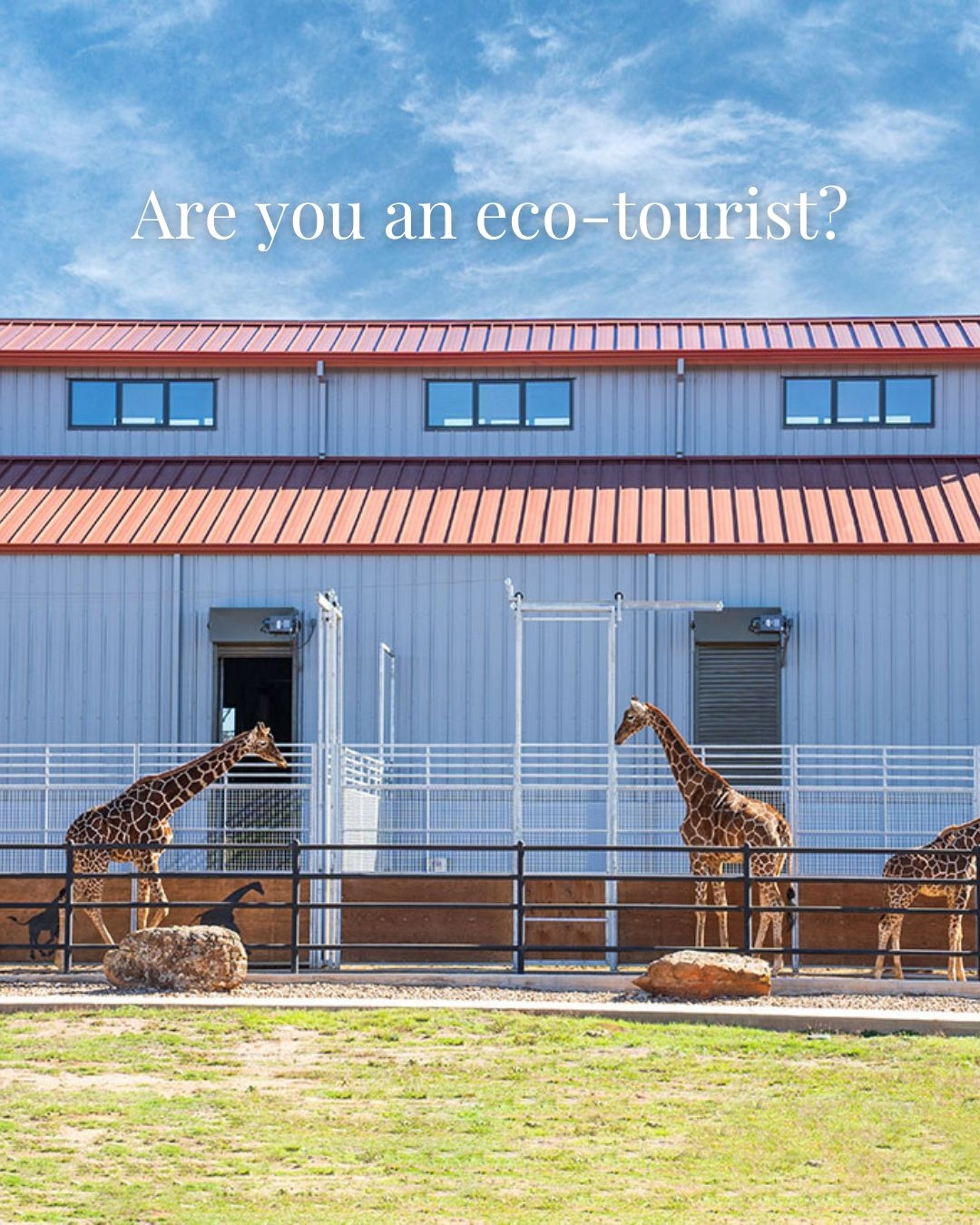- The Impact of Eco-Tourism on Wildlife and Habitats
- Responsible Travel Choices and Ethical Animal Encounters
- Strategies for Selecting Sustainable Lodging and Destinations
- Supporting Wildlife Conservation and Community Development
- Highlighting Longneck Manor’s Contributions to Conservation Efforts
Eco-tourism represents a transformative approach to travel that not only enhances personal experiences but also actively contributes to the preservation of wildlife and habitats. This form of tourism builds a bridge between leisure and conservation, enabling travelers to make decisions that safeguard the environment. The synergy between tourism and conservation becomes evident when tourists choose destinations that prioritize ecological sustainability.
Responsible travel begins with the conscientious selection of tours and activities. Engaging in ethical animal encounters means interacting with wildlife without causing harm or stress. Such experiences, often orchestrated by trained professionals, provide insights into animal behavior and conservation needs. By supporting parks and attractions that prioritize animal welfare, tourists can directly contribute to preserving species and natural environments.
Choosing sustainable lodging is crucial for eco-friendly tourism. Eco-lodges and green hotels utilize resources efficiently, minimize waste, and often incorporate renewable energies. These establishments frequently support local conservation initiatives, reinforcing their commitment to the environment and local communities. By prioritizing accommodations with green certifications, travelers can ensure their stay aligns with their conservation values.
Eco-tourism extends to bolstering wildlife conservation and community growth. Tourism revenues often fund conservation projects, helping to protect endangered species and restore natural habitats. Moreover, eco-tourism supports local economies by providing jobs, promoting cultural preservation, and enhancing living standards. Travelers become part of a larger narrative of environmental stewardship and social responsibility.
Longneck Manor exemplifies eco-tourism’s potential by supporting various conservation initiatives in Africa. By collaborating with organizations dedicated to wildlife protection and community development, Longneck Manor amplifies its positive impact. Such partnerships demonstrate how eco-tourism can combine leisure and conservation, fostering sustainable development while preserving natural wonders.
For travelers committed to protecting our planet, eco-tourism offers an opportunity to experience the world while making a difference. Through mindful travel choices and support for conservation-focused enterprises, every journey becomes a step toward environmental protection and community empowerment.
*****
Source Description
What if your next adventure could help protect wildlife and preserve habitats? That’s the magic of eco-tourism! 💚 Every responsible travel choice you make — from ethical animal encounters to supporting conservation-focused stays — makes a real difference. 🦒🌱
Ready to explore with purpose? Let’s change the world, one journey at a time. 🌍✈️
When you travel, choose lodging, attractions, and destinations that support sustainable tourism.
Longneck Manor is proud to support many organizations on the ground in Africa that are making a positive impact in wildlife conservation as well as in their local communities.


